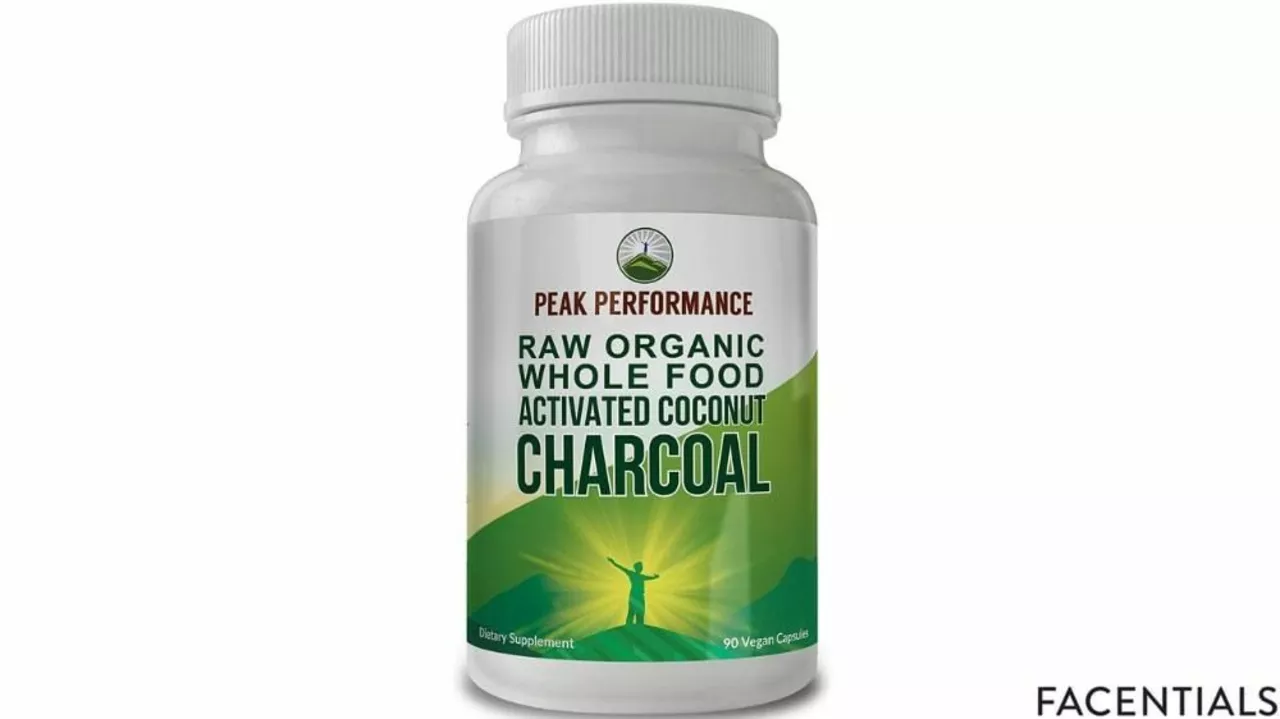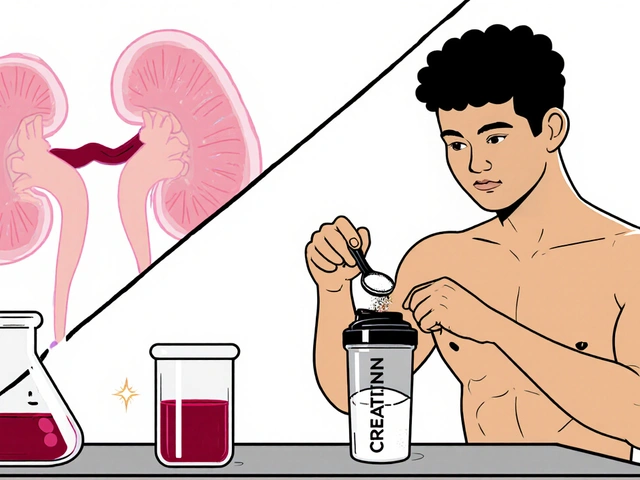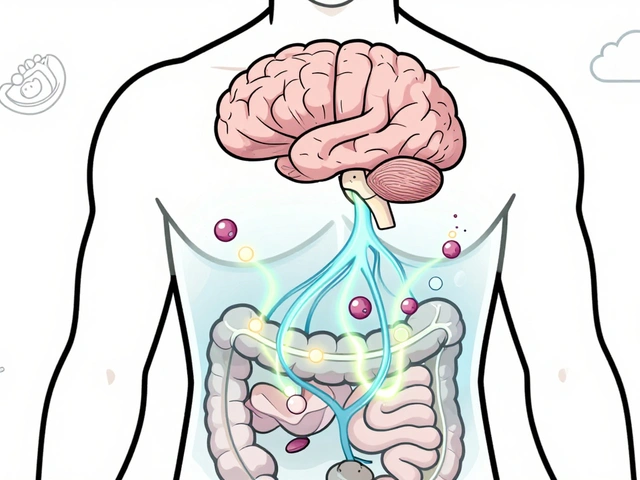Peak performance: practical steps to better focus, energy and recovery
Want to perform at your best without burning out? Peak performance isn’t magic — it’s a set of small, repeatable choices: the right sleep, food, training, and when needed, safe supplements or medicines. Below I share clear, usable steps you can try this week, plus safety tips so you don’t trade short-term gains for long-term problems.
Daily habits that move the needle
Start by protecting sleep. Poor sleep wrecks focus, memory, mood and recovery. Aim for a consistent bedtime and morning routine. If falling asleep is hard, short-term melatonin can help some people — but use the lowest effective dose and talk to your doctor if you’re on other meds. Track energy across the day: note when you’re sharp and when you crash, then plan demanding work during your peak hours.
Nutrition matters more than fancy diets. Prioritize protein at each meal, healthy fats, and whole carbs around workouts. Stay hydrated — even mild dehydration reduces cognitive speed. For training, mix strength work with aerobic sessions; strength preserves muscle and keeps hormones balanced, while cardio helps endurance and clears the brain fog.
Smart use of supplements and meds
Supplements can help, but pick them with a clear goal. Zinc supports immune function and recovery for those low in zinc. Calcium D‑Glucarate may assist detox pathways and hormone balance for some people. Use evidence-backed options and avoid stacking random pills. If you take prescription meds, know interactions — for example, combining certain anticonvulsants or antidepressants requires monitoring. Always tell your clinician about every supplement you use.
If you’re considering prescription aids for focus, sleep, or anxiety, get a proper assessment. Drugs like lorazepam (Ativan) help acute anxiety but aren’t a long-term cognitive strategy. Stimulants and other performance drugs can offer short bursts but bring risks: tolerance, dependence, and side effects. Ask your doctor about alternatives and safe dosing.
Recovery is part of performance. Build easy recovery days, prioritize protein after workouts, and use active recovery like walking or light cycling. Short naps (10–20 minutes) sharpen focus without grogginess. When sore or inflamed, low-risk options like stretching, targeted mobility work, and cold showers can be surprisingly effective before reaching for medication.
Measure progress. Pick two metrics — sleep quality, weekly training load, focus hours, or mood — and track them for four weeks. Small, steady wins add up much faster than sporadic efforts. If something helps, keep it; if it doesn’t, cut it loose.
Want more tailored advice? Browse our guides on sleep disorders, zinc benefits, and safe medication use to match tools to your goals. And remember: real peak performance is sustainable. Push hard, but keep your health first — that’s how gains stick.

I recently came across Laurelwood, the ultimate dietary supplement for peak performance, and I'm excited to share my findings with you all. This supplement is designed to help us master our health goals by providing essential nutrients and supporting overall wellbeing. With Laurelwood, we can enhance our physical and mental performance, making it easier to stay on top of our game. I've noticed improvements in my energy levels, focus, and endurance since incorporating this supplement into my daily routine. Give it a try and see how Laurelwood can help you achieve your health goals too!





